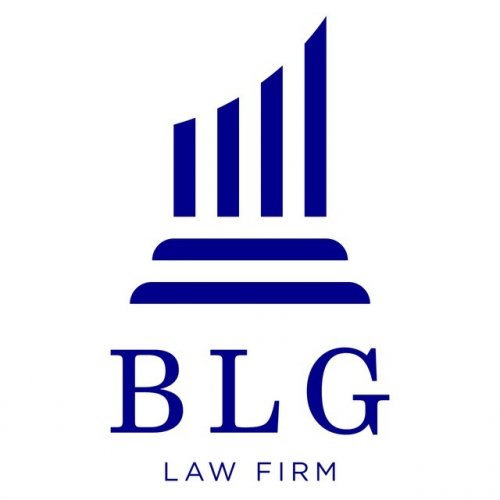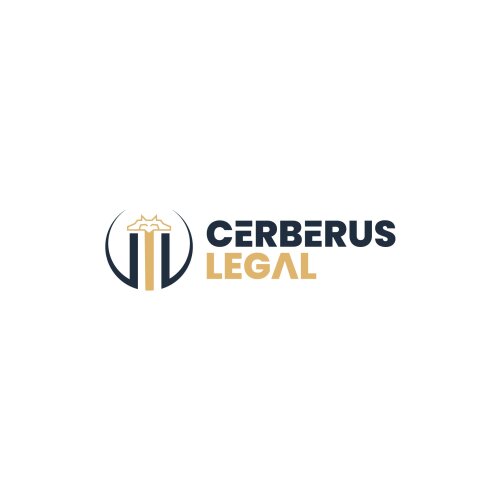Best Bankruptcy Lawyers in Uzbekistan
Share your needs with us, get contacted by law firms.
Free. Takes 2 min.
Or refine your search by selecting a city:
List of the best lawyers in Uzbekistan
About Bankruptcy Law in Uzbekistan
Bankruptcy law in Uzbekistan provides a legal framework for businesses and individuals who are unable to meet their financial obligations. The process is designed to distribute a debtor's assets among creditors and, where applicable, provide the debtor with a fresh start. The law aims to balance the interests of both debtors and creditors, maintaining the fairness and stability of the financial system. Legal reforms have been gradually shaping the current bankruptcy framework, reflecting Uzbekistan's shift towards a market economy.
Why You May Need a Lawyer
Bankruptcy cases can be complex and involve a detailed understanding of legal proceedings and financial assessments. Individuals and businesses may require legal assistance in various situations, such as:
- When facing severe financial distress and considering filing for bankruptcy.
- To negotiate with creditors and attempt to avoid bankruptcy through settlements.
- In the management and administration of a bankruptcy process.
- To understand the implications and consequences of bankruptcy filing on future borrowing and credit.
- For guidance in restructuring and planning post-bankruptcy recovery.
Local Laws Overview
The bankruptcy laws in Uzbekistan are primarily governed by the Law on Bankruptcy, which outlines the procedures and principles for insolvency processes. Key aspects of the law include:
- The legal conditions under which a debtor may be declared bankrupt.
- Procedures for liquidation and restructuring of debts.
- The role and responsibilities of insolvency practitioners and courts.
- Rights of creditors and the protection of their interests during insolvency proceedings.
- The possibility of rehabilitative measures to assist businesses in financial recovery.
Frequently Asked Questions
What is bankruptcy?
Bankruptcy is a legal procedure for dealing with debt problems of individuals and businesses. It provides relief from unmanageable debt by declaring the debtor as bankrupt.
When is bankruptcy declared in Uzbekistan?
Bankruptcy is declared when a debtor cannot pay their debts as they fall due. The process can be initiated by either the debtor or the creditor.
What happens to my assets during bankruptcy?
In bankruptcy, a debtor's assets may be liquidated to pay off creditors. Certain personal effects may be exempt depending on local laws.
Can bankruptcy be avoided?
Yes, alternatives like negotiation with creditors, restructuring, or debt settlement can sometimes prevent bankruptcy.
How long does the bankruptcy process take?
The duration of the bankruptcy process in Uzbekistan varies depending on the complexity of the case and court proceedings.
What are the consequences of bankruptcy?
Consequences include damage to credit ratings, potential loss of assets, and restrictions on obtaining future credit.
Can businesses recover after bankruptcy?
Yes, with proper planning and legal support, businesses can restructure and potentially return to profitability.
Are there rehabilitative measures in Uzbekistan's bankruptcy law?
Yes, the law provides for restructuring measures and other rehabilitative actions to support financial recovery.
Can I apply for bankruptcy without a lawyer?
While possible, it is not advisable due to the complexities of bankruptcy law which require expert legal guidance.
Does bankruptcy influence future employment opportunities?
Bankruptcy can influence future employment, especially in positions requiring financial trust and responsibility.
Additional Resources
For more information and assistance, consider reaching out to the following bodies and resources:
- The Ministry of Justice of the Republic of Uzbekistan, which handles legal matters and policy implementation.
- Local legal aid organizations that provide support and counsel in financial legal matters.
- Licensed law firms specializing in commercial and bankruptcy law.
- The Chamber of Commerce and Industry of Uzbekistan for resources and support for businesses.
Next Steps
If you're considering bankruptcy or need legal assistance, it's essential to seek professional legal advice early in the process. Begin by:
- Consulting with a qualified bankruptcy lawyer to assess your situation.
- Gathering all relevant financial documents and records for review.
- Exploring alternative options such as debt restructuring or negotiation with creditors under legal guidance.
- Preparing for possible implications and planning post-bankruptcy steps with your lawyer.
Lawzana helps you find the best lawyers and law firms in Uzbekistan through a curated and pre-screened list of qualified legal professionals. Our platform offers rankings and detailed profiles of attorneys and law firms, allowing you to compare based on practice areas, including Bankruptcy, experience, and client feedback.
Each profile includes a description of the firm's areas of practice, client reviews, team members and partners, year of establishment, spoken languages, office locations, contact information, social media presence, and any published articles or resources. Most firms on our platform speak English and are experienced in both local and international legal matters.
Get a quote from top-rated law firms in Uzbekistan — quickly, securely, and without unnecessary hassle.
Disclaimer:
The information provided on this page is for general informational purposes only and does not constitute legal advice. While we strive to ensure the accuracy and relevance of the content, legal information may change over time, and interpretations of the law can vary. You should always consult with a qualified legal professional for advice specific to your situation.
We disclaim all liability for actions taken or not taken based on the content of this page. If you believe any information is incorrect or outdated, please contact us, and we will review and update it where appropriate.
Browse bankruptcy law firms by city in Uzbekistan
Refine your search by selecting a city.












